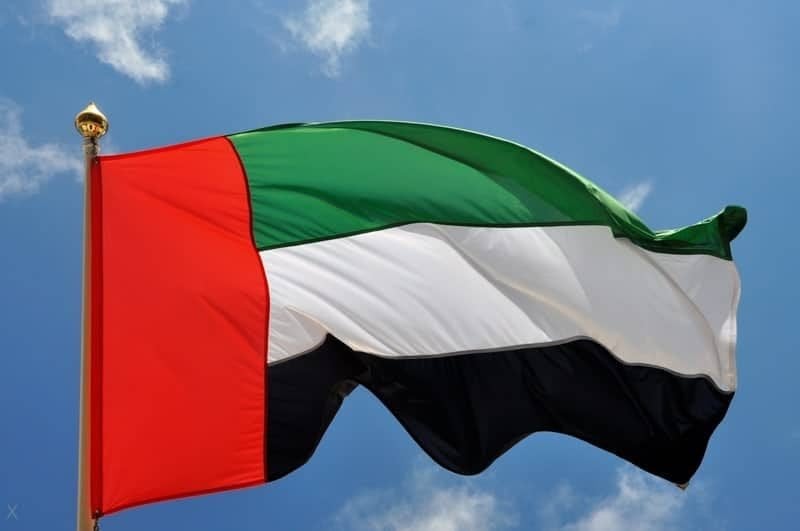[ad_1]

this UAE Ministry of Climate Change and Environment Decree No. (138) of 2023 has been issued to regulate the use and distribution of Hydrofluorocarbons (HFCs) in the country.
The move aims to develop solutions and regulations to combat climate change, improve air quality and protect the environment,
The decree comes in the context of the Year of Sustainable Development, in line with the UAE’s readiness to host The 28th Conference of the Parties to the United Nations Framework Convention on Climate Change (COP28) This year, according to a report published by the state news agency, Wan.
The regulations contained in the Decree apply throughout the UAE, including all free zones and entities engaged in HFC-related activities.
Under the Act, all such agencies must follow a series of procedures, including:
- Register with the Ministry of Climate Change and the Environment
- Commercial or industrial license of the provider
- Obtain a warehouse license
- Report the amount of HFCs imported in each of the past three years
Furthermore, they must obtain a license from the Ministry to manufacture, import, export, re-export or transit HFCs or recycled or recycled materials derived from HFCs, after obtaining all necessary approvals from local authorities.
The ordinance requires regular reporting on HFC use
In addition, the decree states that businesses must submit quarterly reports to the ministry detailing the quantities of HFCs sold, used and remaining in stockpiles.
Businesses also reportedly need prior permission from the relevant authorities when disposing of waste HFCs and equipment containing them Wan.
For cross-border disposal, businesses must comply with the obligations of signatories to the Basel Convention, which governs the control of cross-border movement of hazardous waste and its disposal.
The decree is in line with the UAE’s commitments on ozone-depleting substances under the Vienna Convention and the Montreal Protocol.
Cooling systems account for 7 percent of global greenhouse gas emissions, and projections indicate that these emissions will increase significantly by 2050 due to rising average Earth temperatures.
Measures taken under this new law have focused on developing legislation and guidelines to regulate the use of ODS and monitor their import and export. The UAE has fulfilled its commitment to completely ban the use of CFCs and halons by the 2010 deadline.
China is phasing out the use of HFCs in accordance with the quota and schedule set by the Nineteenth Meeting of the Parties, and intends to completely ban the use of HFCs by 2040.
[ad_2]
Source link